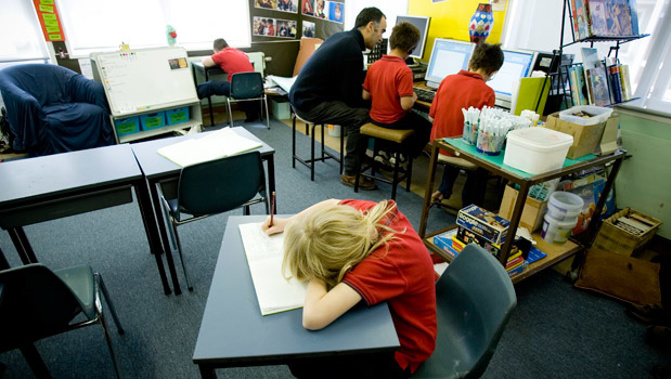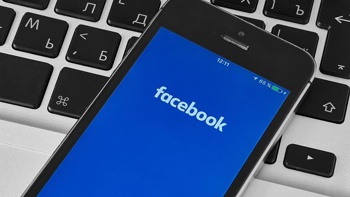
Schools are being urged to make sure the introduction of new devices in classrooms is always money well spent.
Many are facing tough decisions about whether money should be spent on desktop computers, laptops or tablet devices - and some can only choose one device.
But Core Education e-learning expert Warren Hall says schools don't always pick the device that best suits students' needs.
"There are definitely place where they've said they don't mind what turns up as long as it perhaps meets the minimum standard."
"Are we really managing to change practice or are we just doing the same stuff in a more expensive way?"
Hall says schools need to choose the device that gives students the greatest benefit.
"What will it make more accessible for them? What will it allow them to do that they can't do currently?"
Laptops and tablets
Laptops are well-suited to conventional writing and essay-writing, and are often easier for schools to manage.
But Warren Hall says schools should pick the most useful device for a classroom rather than the most convenient, and in some cases that could be a tablet.
"A tablet is very portable and it would be very easy to take it out of the classroom, so you can use it if your education goes outside the four walls," he says.
"There's things you can do with that it's not easy to do on a laptop, like using a camera."
The roll-out of digital devices
Evidence suggests new digital devices like laptops and tablets are increasing student engagement and performance.
A report from the 20/20 Communications Trust late last year showed three quarters of schools had noticed digital technologies having a positive impact on achievement.
However, the Bring Your Own Device policies rolled out many schools this year haven't been without controversy.
Consumer New Zealand chief executive Sue Chetwin has said schools are doing the best they can to give parents access to good deals on technology.
But she's warned some deals offered by major retailers aren't as good as they seem.
The peer-reviewed Planning for Education Index found technology costs have pushed up the cost of a state education to 35-thousand dollars.
Putting a child through private school could cost up to 270-thousand dollars.
Take your Radio, Podcasts and Music with you









